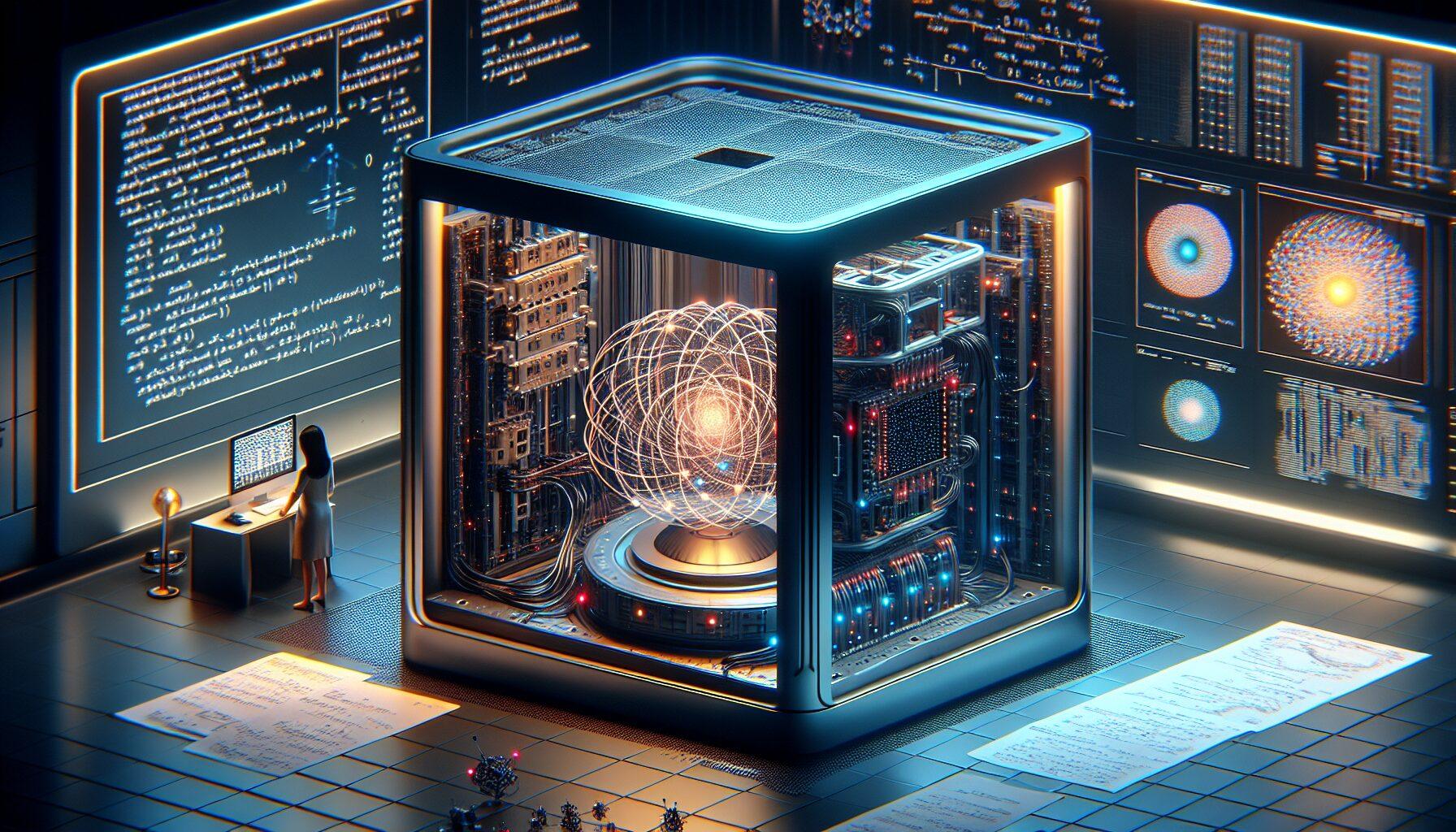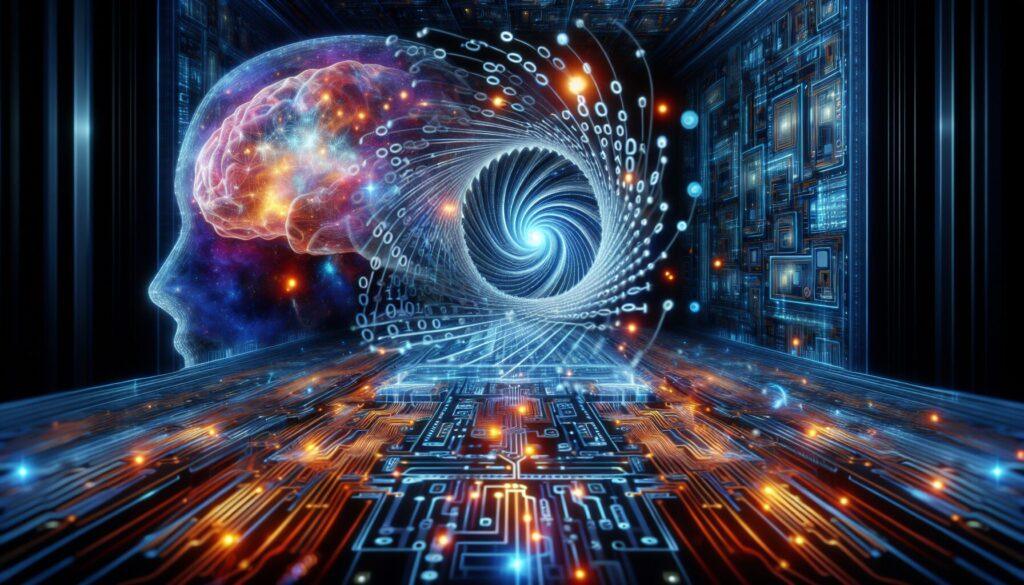Introduction:
As we discover ourselves on the verge of a technological revolution, quantum computer systems maintain the potential to essentially change how we strategy and remedy intricate issues. But what exactly are quantum computer systems, and in what methods do they differ from standard computer systems?
This article explores the intriguing realm of quantum computing, offering insights into its mechanisms, sensible purposes, and providing a preview into the future of this transformative know-how.
What are Quantum Computers?
Q1: How do Quantum Computers Work?

Quantum computer systems perform primarily based on the ideas of quantum mechanics, a specialised department of physics devoted to inspecting the habits of vitality and matter on the quantum scale.
In distinction to classical computer systems that depend on bits, represented by 0s and 1s, quantum computer systems make the most of qubits. These qubits have the distinctive functionality to exist in a number of states without delay, due to the phenomenon generally known as superposition.
Q2: What is Superposition and Entanglement?
Superposition gives qubits with the distinctive capability to deal with a number of calculations concurrently, considerably enhancing computational energy. This attribute units quantum computing aside by permitting a single qubit to exist in a number of states without delay, not like classical bits.
Entanglement, one other intriguing quantum property, connects qubits in order that the state of one qubit is immediately associated to the state of one other, regardless of the bodily distance separating them.
This extraordinary linkage facilitates superior problem-solving capabilities, enabling quantum techniques to sort out complexities which are unattainable for classical computing applied sciences.
Did You Know? Quantum computer systems can doubtlessly remedy issues in seconds that will take classical computer systems tens of millions of years!
Applications of Quantum Computing:
- Cryptography: Quantum computing may revolutionize encryption, making information transmission safer.
- Medicine: It can speed up drug discovery and growth by simulating molecular interactions extra effectively.
- Financial Modeling: Quantum algorithms can optimize advanced monetary fashions, main to raised decision-making.
- Logistics: Quantum computer systems can optimize provide chain administration, enhancing effectivity and decreasing prices.

Table: Classical vs. Quantum Computing
| Feature | Classical Computers | Quantum Computers |
|---|---|---|
| Unit of Data | Bit (0 or 1) | Qubit (0, 1, or each) |
| Processing Power | Linear | Exponential |
| Problem Solving | Sequential | Parallel |
Funny Insight: Why did the quantum physicist cross the street? To each be on the different facet and never be on the different facet, concurrently!
Challenges Facing Quantum Computing:
- Decoherence: Quantum states are fragile and will be simply disrupted by environmental noise.
- Error Rates: High error charges in quantum calculations must be mitigated for sensible purposes.
- Scalability: Building quantum techniques that scale effectively stays a major problem.
External Resource: For a deeper dive into quantum computing, go to IBM Quantum Computing.
Conclusion:
Quantum computing holds the promise of reworking numerous industries and redefining the boundaries of technological prospects. Despite the challenges that also exist, the potential benefits are terribly huge.
As ongoing analysis continues to advance, we might quickly discover quantum computer systems addressing and fixing issues that have been as soon as deemed not possible to sort out. Remain inquisitive and proceed to discover the intriguing realm of quantum frontiers.
Quiz: Test Your Quantum Knowledge
- What is a qubit?
- Name one software of quantum computing.
- What phenomenon permits qubits to carry out a number of calculations without delay?
Final Call to Action:
Are you able to dive deeper into the quantum world? Share this text and be a part of the dialog about the future of technology!


